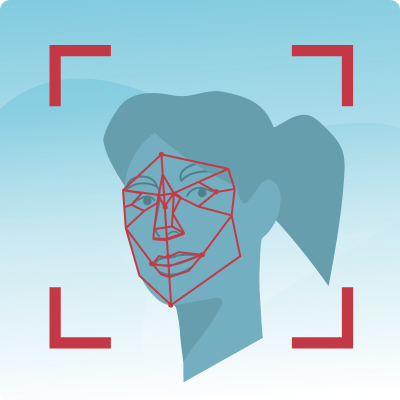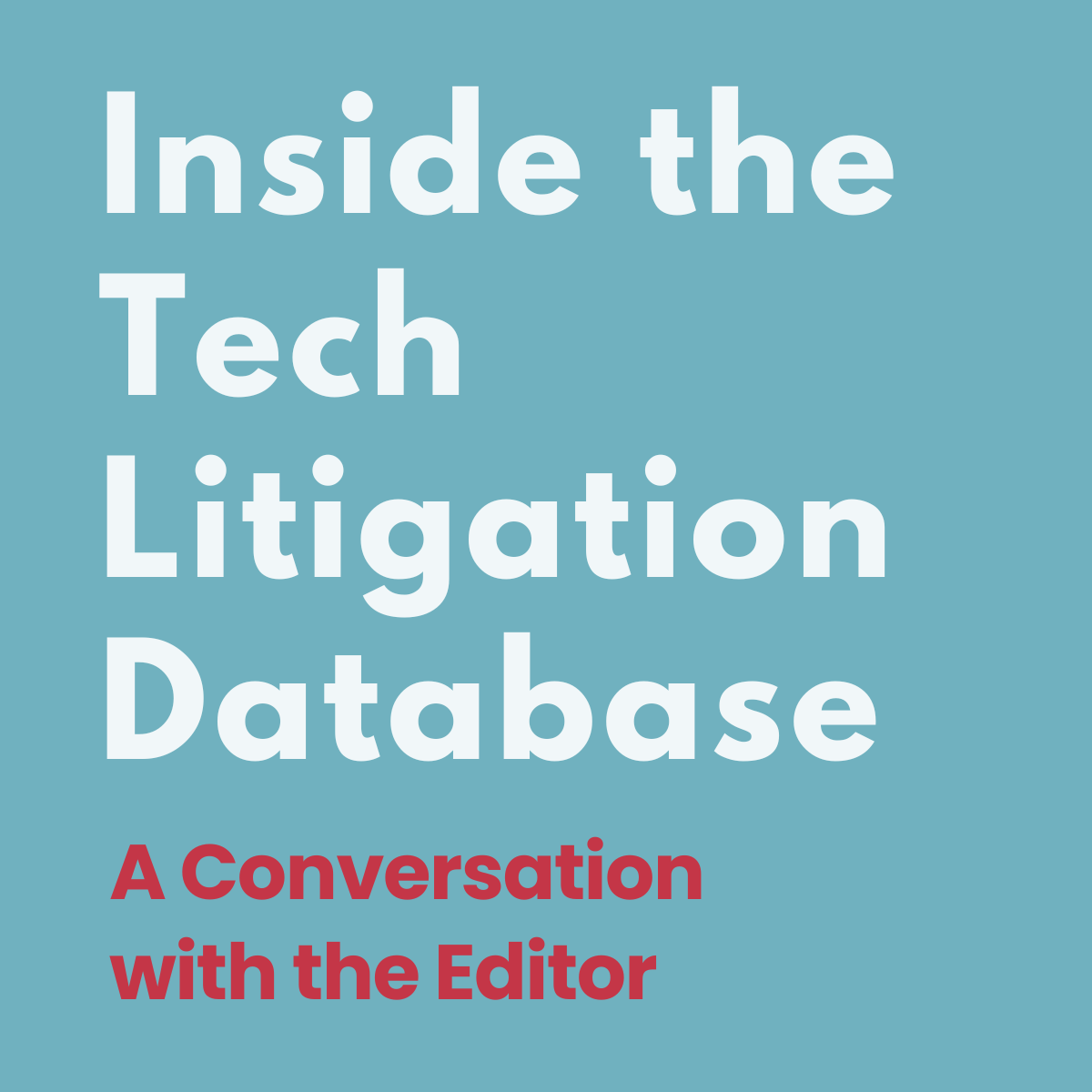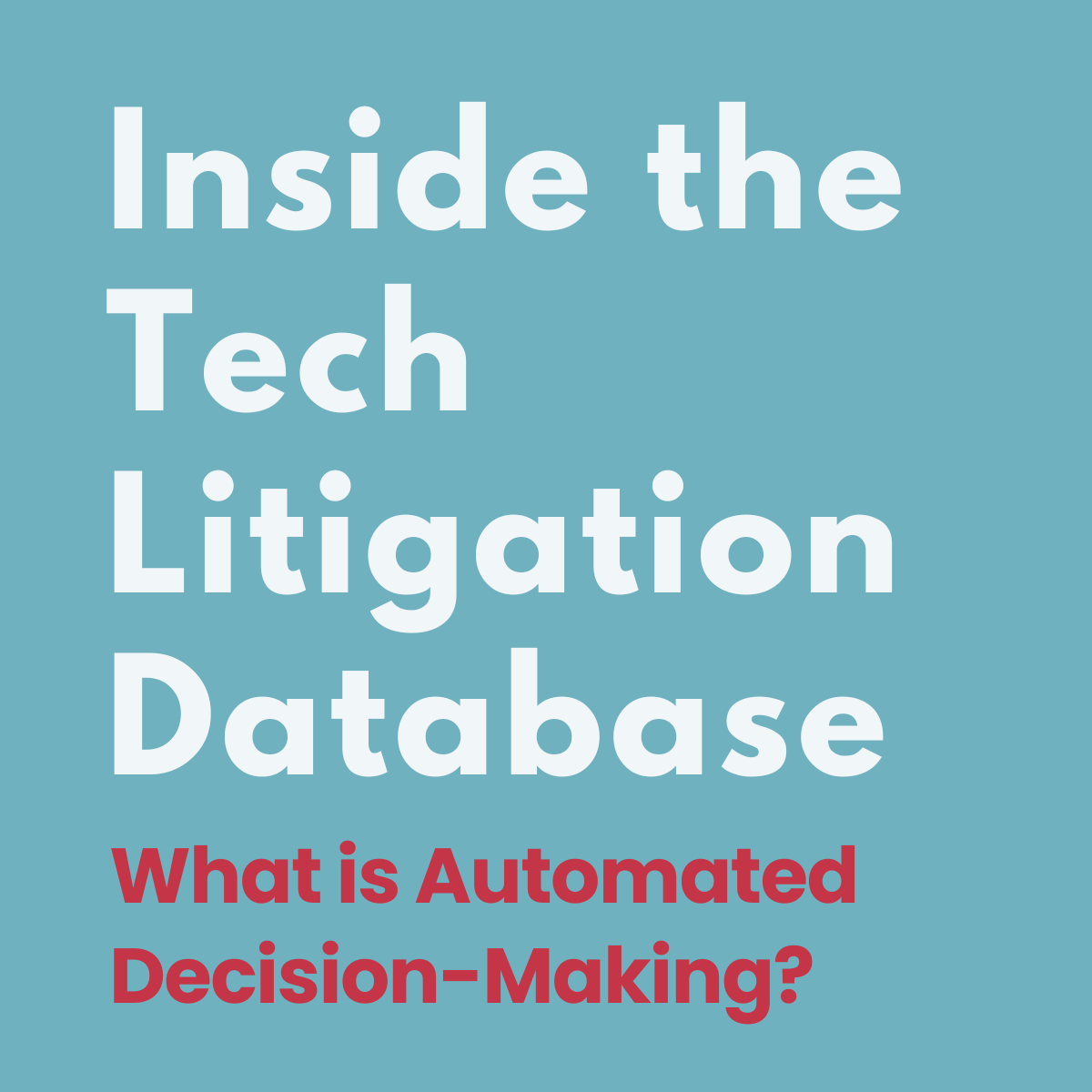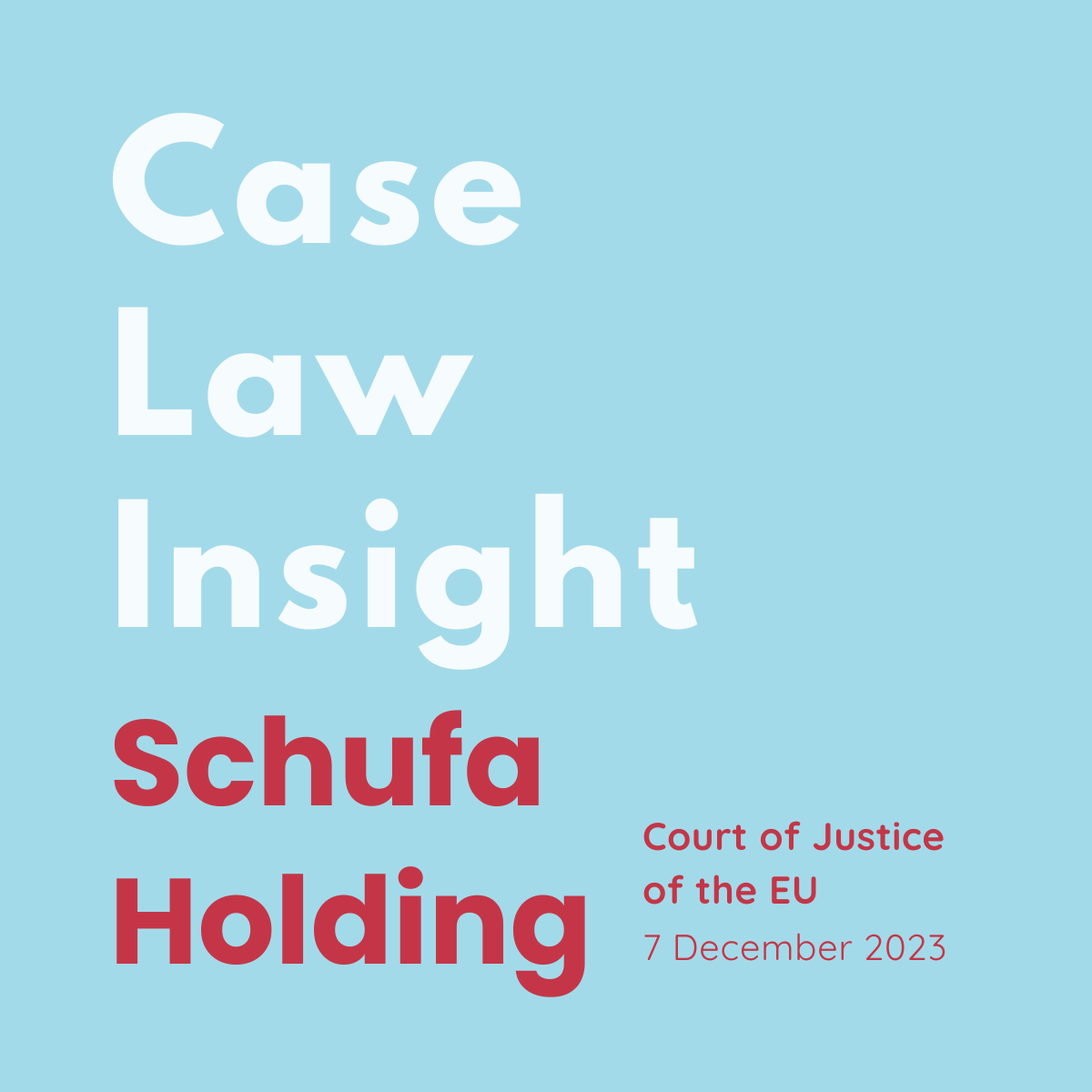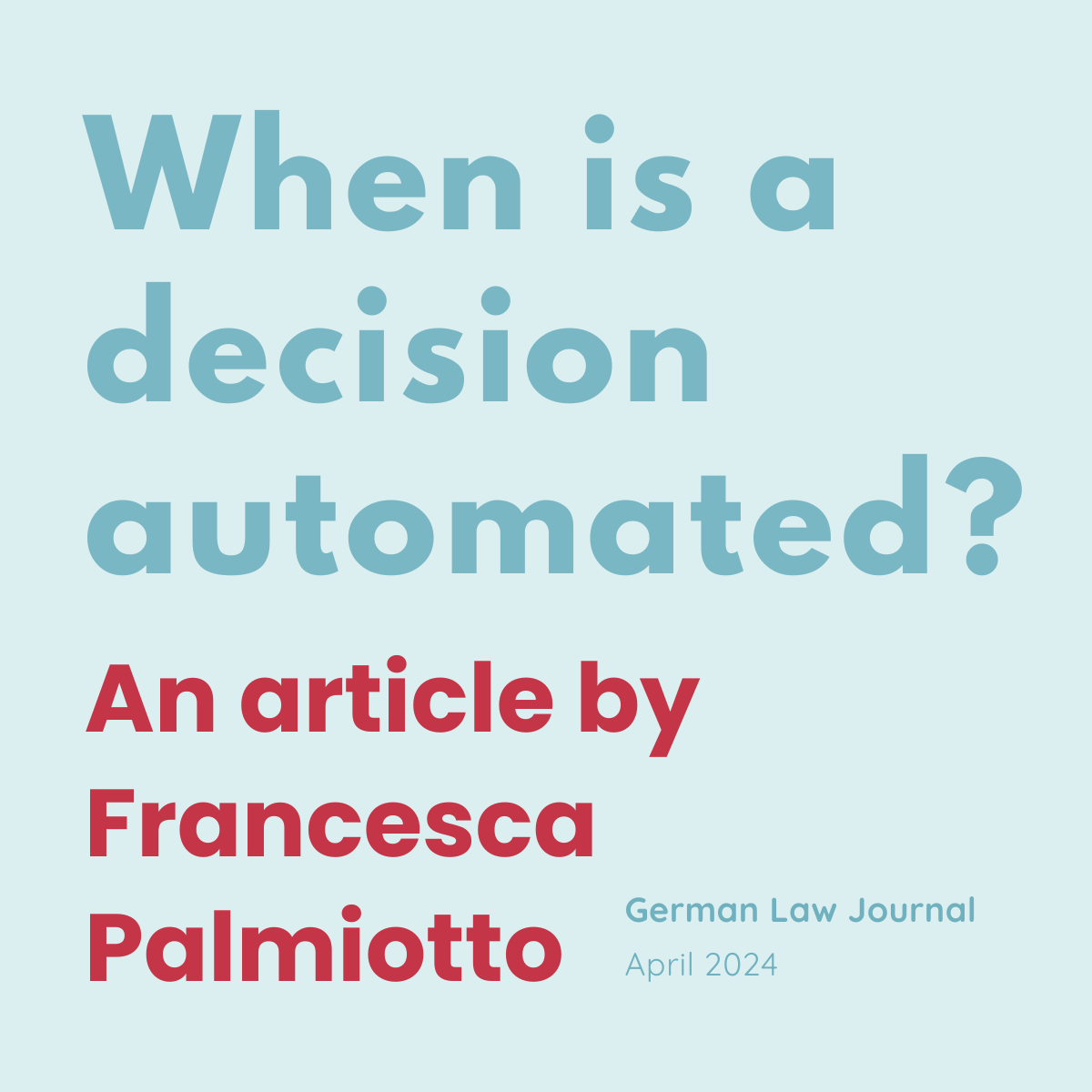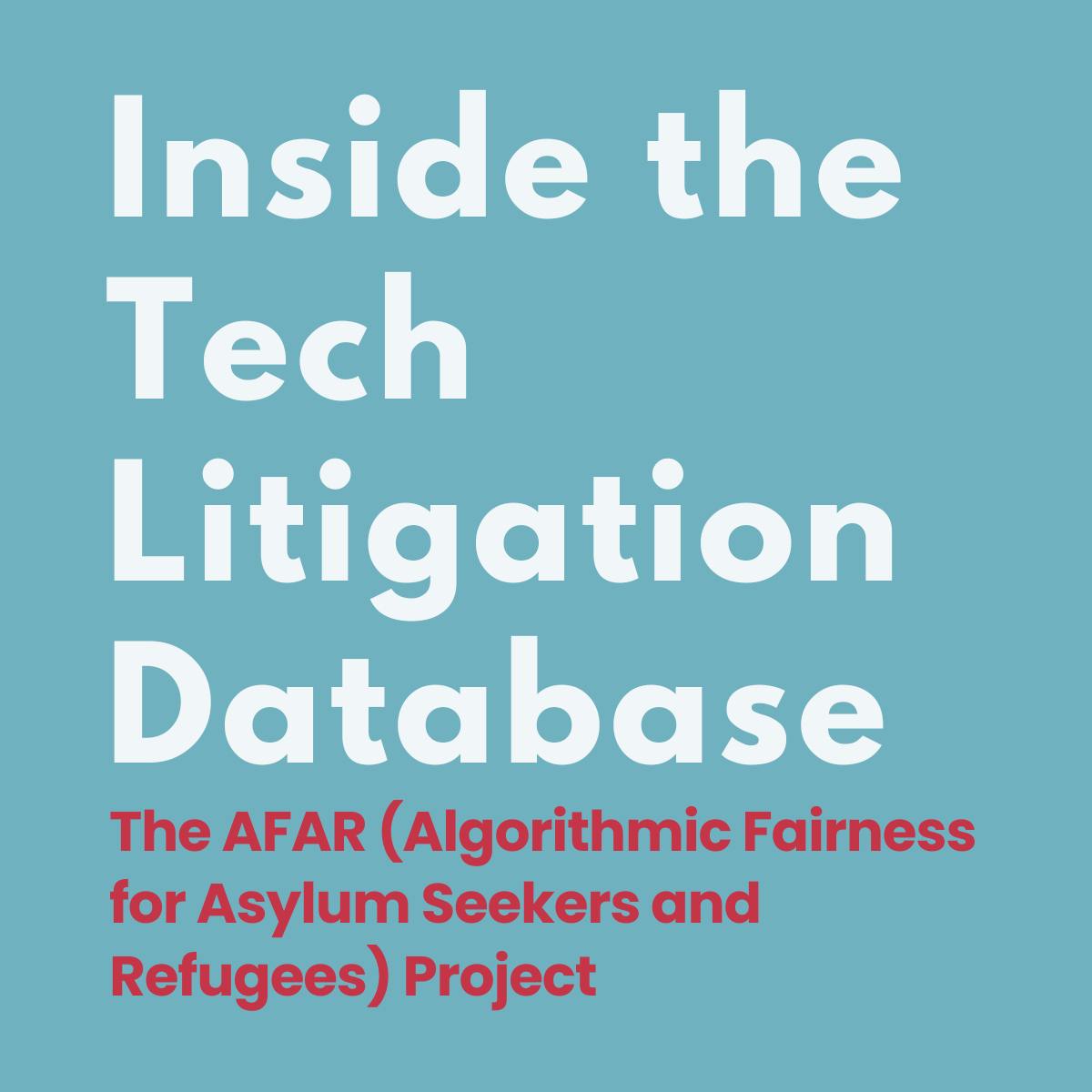We speak with Francesca Palmiotto, the editor behind the newly launched Tech Litigation Database, to to discuss the inspiration, challenges, and potential impact of this innovative project.
What is the Tech Litigation Database and what is its purpose?
The Tech Litigation Database emerged out of the AFAR project, a 4-year research project funded by the Volkswagen Foundation. AFAR examines the role of new technologies in migration and asylum governance in Europe. Through our legal research, we observed that the key questions about the fairness and legality of the use of automation across sectors are being addressed in national litigation, not just in Europe, but globally. AFAR was prompted by a growing concern amongst human rights lawyers and organisations about the potential for automation to violate human rights and undermine the rule of law. Similar legal questions often emerge in different places concerning different technologies, for instance around ability of automated tools to provide reasons that are legally accepted and transparent. Accordingly, we decided to compile and share a global database of caselaw concerning new technologies, to provide a wide-ranging, freely accessible collective resource for legal practitioners, researchers, and civil society organizations.
What motivated the creation of this database?
The rapid advancement of technology has outpaced legal regulation, leading to widespread deployment of automated tools in many areas of state and private governance, without adequate consideration for fairness, accountability and the rule of law. We recognised the urgent need to raise awareness and improve transparency around the impact of new technologies. By collating judicial decisions on the use of new technologies and automated systems, we hope to empower citizens, lawyers, and civil society actors to develop better legal arguments, and to enable scholars to study this legal mobilisation and whether judges are meeting the challenges posed by new technologies.
What is the main problem that the database solves?
Currently, case law is stored within separate national databases, often only available in the language of the case. Compiling these records and presenting them for free in English, the Tech Litigation Database helps to bridge the barriers of language and access that impede or prevent a complete understanding of how new technologies are being challenged around the world, and – crucially – how courts are responding to these challenges.
Who will benefit from the Tech Litigation Database?
The database will be invaluable to a wide range of users, including citizens, asylum seekers, refugees and other migrants, legal practitioners, scholars researching AI and human rights, and civil society organizations advocating for digital rights. Additionally, individuals and organizations previously hindered by barriers of access and language will now have advanced search tools to navigate global case law records easily.
